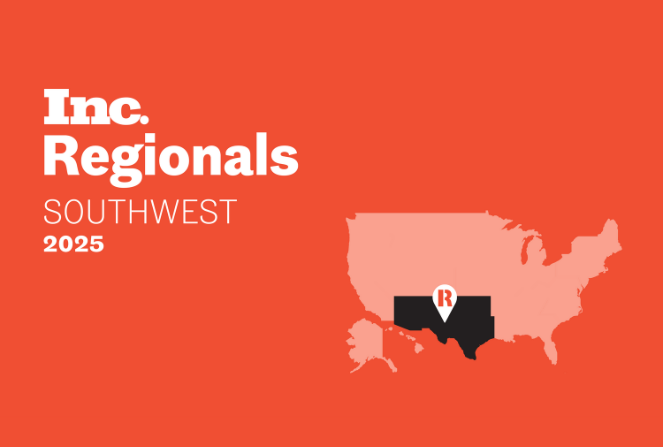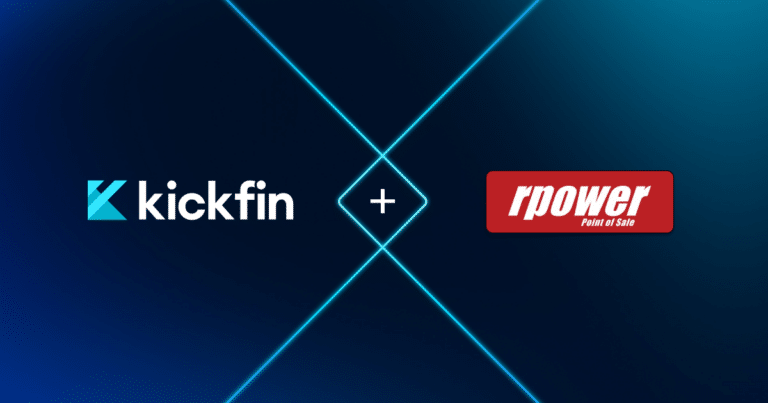Three things in life are certain: death, taxes, and confusing updates from the IRS.
This year, the IRS has rolled out a new tip reporting program that should help restaurant owners use technology to stay in compliance with tax laws — once we’re all on the same page as to how it works. Here’s a quick rundown of the new program and what it means for employers.
How do employers typically handle taxes on tips?
Most of the burden of tip reporting falls on the employee. They’re responsible for keeping a daily record of tips, reporting tips to their employers, and reporting their tips on their tax returns. And while tips aren’t wages, employers do still have a hand in reporting tips and withholding taxes.
Did you know that even though tips aren’t wages, you still have to pay your share of income taxes on them? That’s why it’s so important to accurately report employees’ tips and keep meticulous records.
In the past employers have had a few options for how to track and report tips:
- Tip Rate Determination Agreement (TRDA)
- Tip Reporting Alternative Commitment (TRAC)
- Employer-designed TRAC (EmTRAC)
All of these programs require employers to educate their employees on the importance of properly reporting both cash and credit card tips — with some minor differences regarding how tips are reported to the IRS.
One key thing to note: the TRDA does not use actual tip revenue to determine tax liability. Instead, employees are expected to report tips at or above an estimated tip rate that is determined by the IRS. If reported tips fall below the established rate, the employer is expected to provide detailed documentation of employees’ names, social security numbers, hours worked, sales, tips reported, and job titles.
The TRAC and EmTRAC programs do not establish a tip rate, but they do require employers to take on the responsibility of ensuring their employees report their tips. No matter which tip-reporting program you choose, they all generally entail lots of paperwork and vague language — but that might change in the near future.
What is SITCA?
Under the new IRS proposal, a new tip reporting program called the Service Industry Tip Compliance Agreement (SITCA) would allow employers to take advantage of their point-of-sale systems and other restaurant tech in order to report their employees’ tips. The IRS created SITCA in order to replace the outdated TRDA, TRAC, and EmTRAC tip reporting programs.
Most diners are paying with credit cards or digital payment methods these days — so the transaction data is right at your fingertips. And rather than take an educated guess at your average tip rate, the IRS will use actual tip data pulled from your POS to determine tax liability for both employees and employers. They can also easily pull employees’ hours worked and sales information to ensure tips are being properly reported.
This move by the IRS should relieve some of the tax reporting burdens and save time for employers by getting rid of the endless forms and paperwork that were previously necessary for tip reporting.
What about cash tips?
As always, employees are required to report their cash tips — which of course can’t be backed up by POS data. The onus is still on the employee to accurately report all tips. If the IRS notices major discrepancies between sales and tips (especially missing cash tips), the employee could be audited.
What do restaurant owners need to know for the 2023 tax season?
For now, you don’t need to overhaul your tax practices. You will remain in your current tip reporting program until one of the following occurs:
- Your restaurant is accepted into the SITCA program
- The IRS finds you noncompliant with your current TRDA, TRAC, or EmTRAC program
- The end of the first full calendar year after the final revenue procedure is published in the Internal Revenue Bulletin
That being said, you should start looking to ensure that your restaurant has everything it needs to succeed under SITCA. Ask yourself: Do you have a POS system that you trust? Do you use a digital tipping solution? With the right technology, your restaurant’s tip reporting and tax liability should run smoother than ever before.
Interested in the SITCA program? Follow these instructions by May 7, 2023 to enroll.










